|
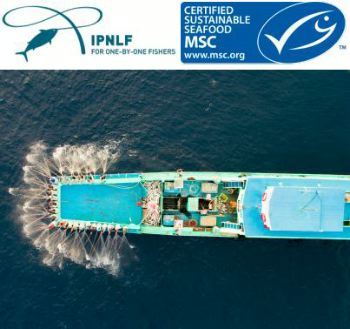
Eight Indonesian pole-and-line and handline fisheries celebrate achieving MSC certification
 NETHERLANDS
NETHERLANDS
Thursday, January 28, 2021, 06:00 (GMT + 9)
IPNLF, the non-profit organisation that is committed to globally developing and supporting responsible one-by-one tuna fisheries and supply chains, together with its local partner, AP2HI, is delighted to announce the MSC certification of eight Indonesian one-by-one tuna.
The International Pole and Line Foundation (IPNLF) working in close collaboration with its local partner and IPNLF member, Asosiasi Perikanan Pole & Line dan Handline Indonesia (AP2HI), commended the highly focused, collaborative endeavours of multiple stakeholders that have enabled these fisheries to reach this important milestone. The advancement of these fisheries towards certification, is a tangible demonstration of the ability of small-scale fisheries to support their local communities and compete in the global marketplace.
.gif)
Photo: courtesy IPNLF
As one of the world largest seafood producers, Indonesia plays a key role in safeguarding marine ecosystems and global seafood supplies. These eight fisheries and their sourcing method comprise highly selective, small-scale operations which harvest tuna with very low impact on other ocean species and the environment. In Indonesia, the one-by-one tuna sector is often a family or community business, and a major contributor towards local economies and food security. For many years, IPNLF and AP2HI have been helping to preserve this important economic and cultural heritage by supporting local capacity-building initiatives.
Trian Yunanda, Director of Fis fis_com.jpeg) h Resources Management at the Indonesian Ministry of Maritime Affairs and Fisheries (MMAF), applauded the achievement, saying, “IPNLF and AP2HI have been working closely with MMAF on improving data collection and fisheries monitoring programmes, leading to more effective management of these fisheries. All of us need to recognise the important role that truly sustainable fisheries, that contribute to environmental, social and economic improvements, can make to the livelihoods of our fishers, and to the viability of our businesses. These actions lead to healthier oceans for us and for future generations.” h Resources Management at the Indonesian Ministry of Maritime Affairs and Fisheries (MMAF), applauded the achievement, saying, “IPNLF and AP2HI have been working closely with MMAF on improving data collection and fisheries monitoring programmes, leading to more effective management of these fisheries. All of us need to recognise the important role that truly sustainable fisheries, that contribute to environmental, social and economic improvements, can make to the livelihoods of our fishers, and to the viability of our businesses. These actions lead to healthier oceans for us and for future generations.”
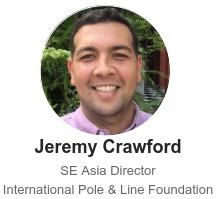 Jeremy Crawford, Southeast Asia Director of IPNLF, praised the determined efforts of AP2HI members and other stakeholders and the vital support provided by the Ministry in progressing the eight fisheries towards full assessment. “We are pleased to be part of this important process of building value in the local one-by-one tuna supply chains. Together with our local partners, and with the support of the Indonesian Ministry of Marine Affairs and Fisheries (MMAF), IPNLF has been able to realise significant improvements in fishery operations, governance, and in securing livelihoods.” Jeremy Crawford, Southeast Asia Director of IPNLF, praised the determined efforts of AP2HI members and other stakeholders and the vital support provided by the Ministry in progressing the eight fisheries towards full assessment. “We are pleased to be part of this important process of building value in the local one-by-one tuna supply chains. Together with our local partners, and with the support of the Indonesian Ministry of Marine Affairs and Fisheries (MMAF), IPNLF has been able to realise significant improvements in fishery operations, governance, and in securing livelihoods.”
These improvement programmes include fishery data collection and monitoring, which are carried out by local onboard observers and portside enumerators who collect valuable information, at sea and on land, to better understand the environmental impacts associated with fishing operations. This data also helps to inform fishery governance and decision-making processes.
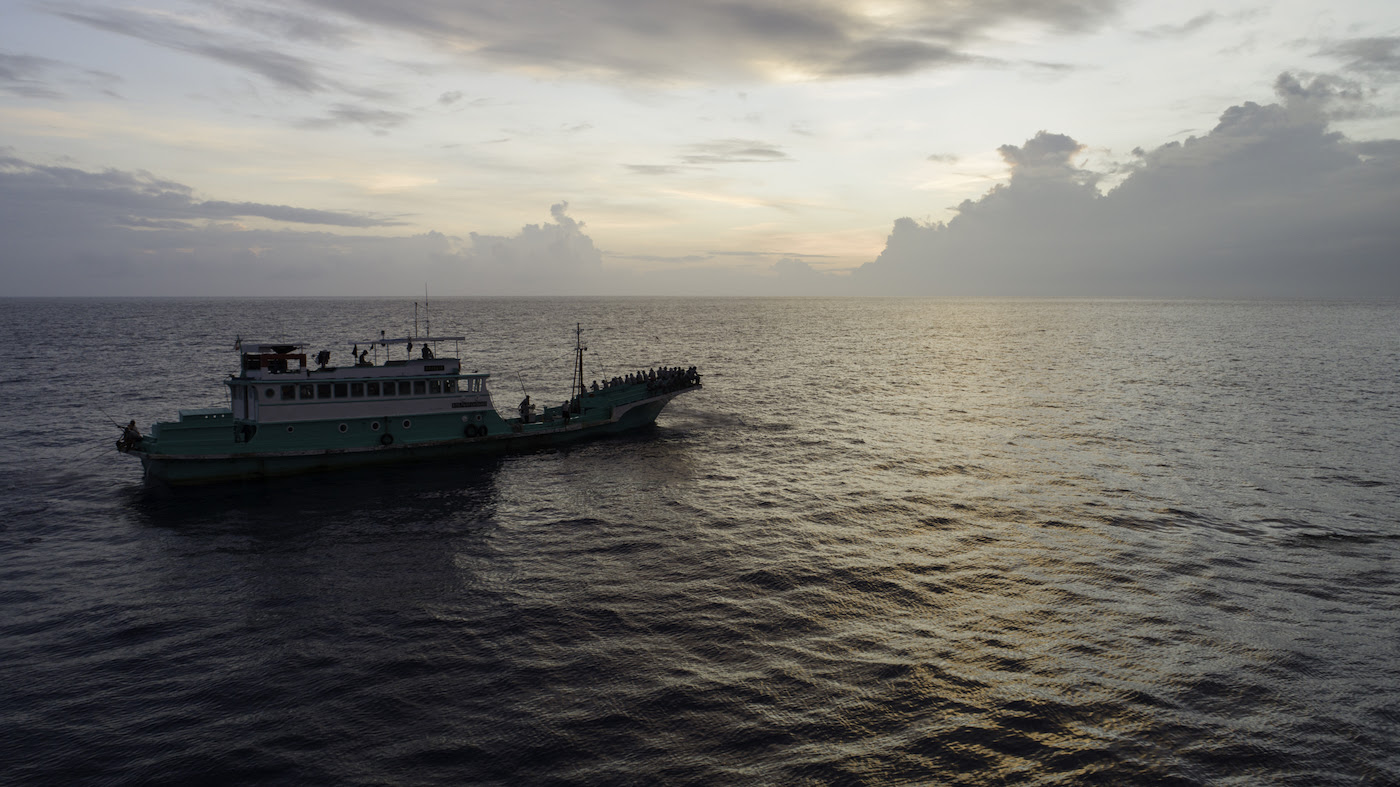
Photo: courtesy IPNLF
Information on the vessels and crew are collected along with data on catch and effort that includes the number of days at sea, bycatch levels, bait utilisation and potential interactions with endangered, threatened and protected (ETP) species.
Electronic monitoring systems for small-scale fisheries are also implemented through time-lapse cameras, vessel tracking, and working with the government on analysing VMS data. On land, IPNLF and AP2HI work closely with fishery operators to improve chain of custody and fishery compliance to national regulations and also engage with the government on the development of effective management measures.
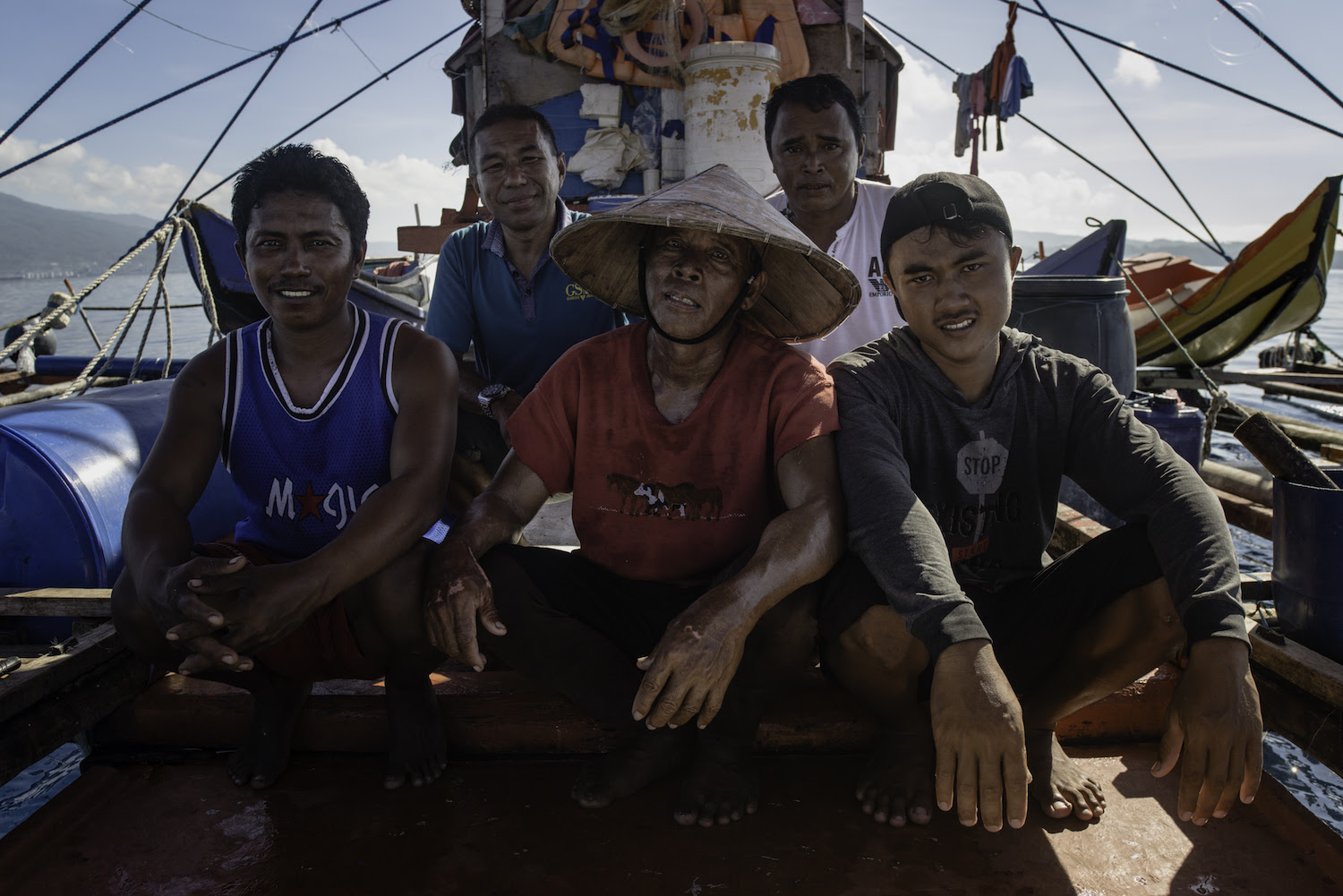
Photo: courtesy IPNLF
The MSC Fisheries Standard includes three core principles against which fisheries are assessed: sustainable fish stocks, minimising environmental impacts and effective fisheries management. In addition to operational improvements, the Indonesian fisheries are also implementing tangible social improvements, such as building equity through value creation and market access, implementing internationally accepted codes of conduct and improved labour standards.
AP2HI was established in 2012 to unite the tuna pole-and-line and handline fisheries in Indonesia under a single association, comprising 50 members from the catching, processing and trading sectors. The association encourages the use of natural resources in Indonesia in a fair, transparent, and sustainable way and has worked closely with IPNLF to improve both the social responsibility and environmental sustainability of their fisheries. The partnership between AP2HI and IPNLF was established to primarily focus on improving the livelihoods of Indonesian one-by-one fishers and the communities that depend on them.
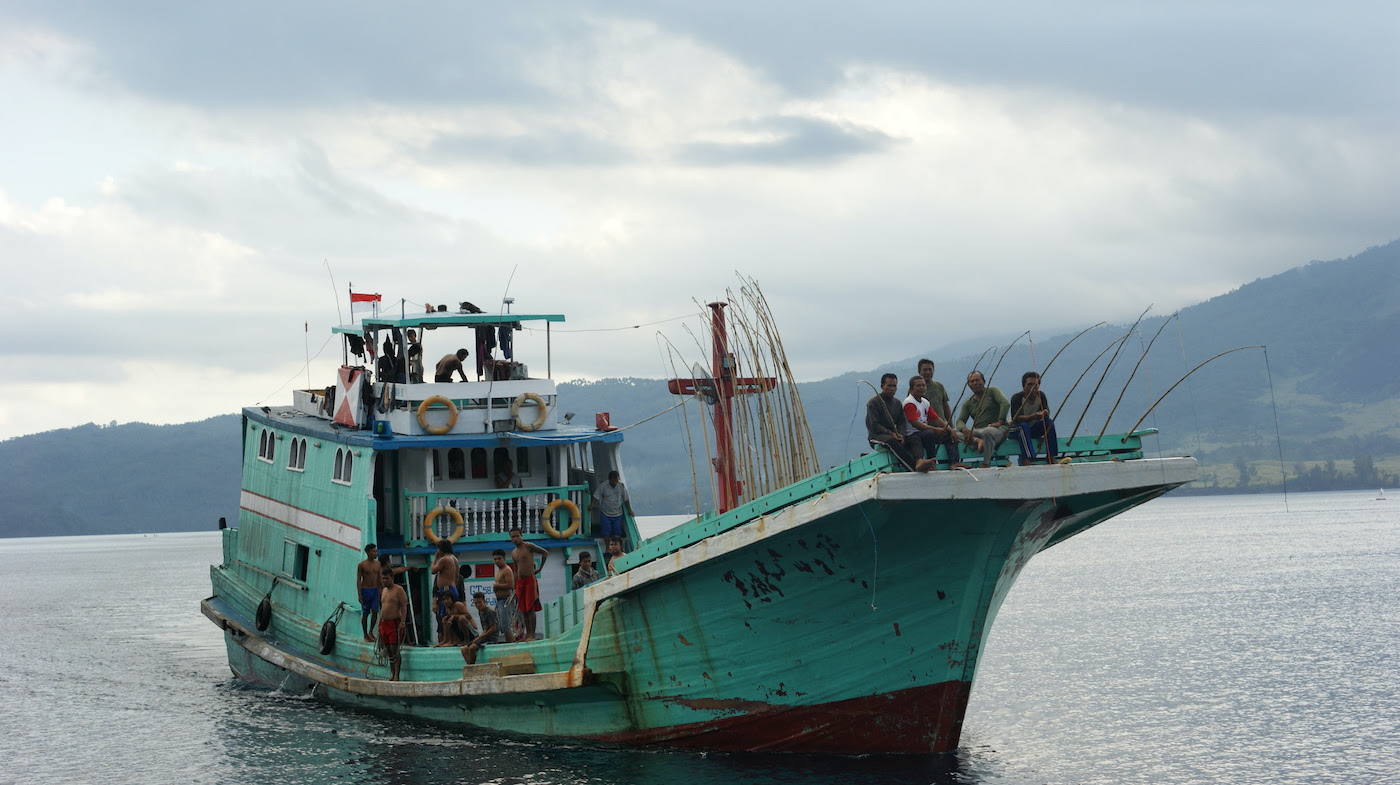
Photo: courtesy IPNLF
Commenting on the certification of the fis.jpeg) heries, Janti Djuari, the Chair of AP2HI, said: “Getting these eight fisheries to this crucial point has required a huge collective effort and I am very proud of the manner in which all parties involved continue to pull together – to build healthier fisheries and healthier oceans – now and for future generations. Our hope is that these fisheries will soon be able to supply consumers with sustainable one-by-one caught tuna. This initiative will not only help improve the livelihoods of our traditional one-by-one fishermen, but will also ensure a sustainable industry”. heries, Janti Djuari, the Chair of AP2HI, said: “Getting these eight fisheries to this crucial point has required a huge collective effort and I am very proud of the manner in which all parties involved continue to pull together – to build healthier fisheries and healthier oceans – now and for future generations. Our hope is that these fisheries will soon be able to supply consumers with sustainable one-by-one caught tuna. This initiative will not only help improve the livelihoods of our traditional one-by-one fishermen, but will also ensure a sustainable industry”.
The global demand for sustainably caught tuna that includes social and economic benefits is steadily increasing. While industrial (purse seine) boats operating in the Indonesian economic zone are responsible for the largest catches, their environmental impact is much greater than those of one-by-one fisheries. International markets, where consumers demand ethical sourcing of their seafood choices, have supported the implementation of improvement projects, expressing their commitment to source from these fisheries in a special joint agreement in June 2018, signed between MMAF, IPNLF and 14 buyers, brands and retailers.
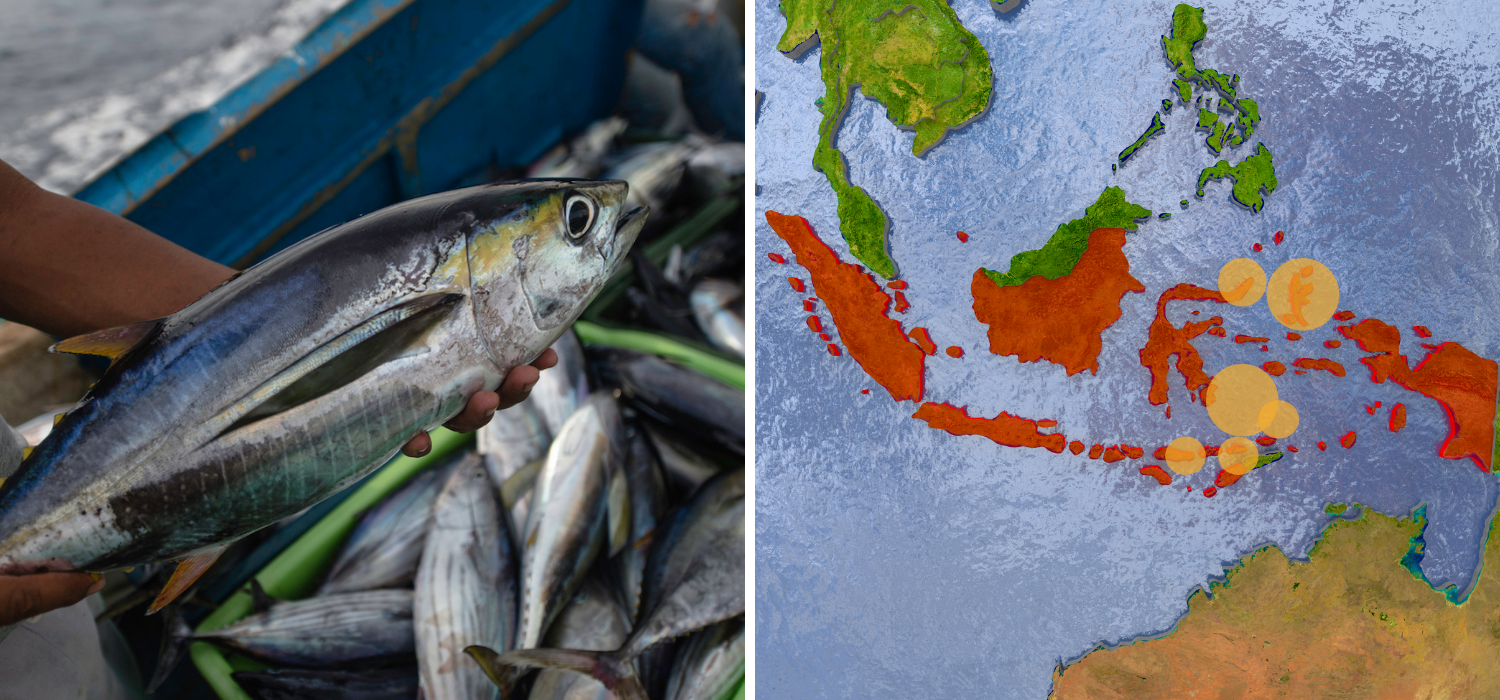
Photo: courtesy IPNLF
In their commitment, these buyers undertook to preferentially source MSC-certified one-by-one tuna from Indonesia’s tuna fisheries over non-certified tuna, once these products become available. “Promises such as these, provide further validation of the critical role played by fisheries that put the three pillars of sustainability – environmental, social and economic benefits – at the forefront of their operations. It is the only way to ensure that these vulnerable communities retain access to food security and economic wellbeing in the long-term,” says Jeremy Crawford, Southeast Asia Director of IPNLF.
An additional eight pole-and-line and handline fisheries in AP2HI supply chains are involved in Fisheries Improvement Projects (FIPs) supported by IPNLF. These FIPS which are all A-rated by Fishery Progress and should deliver a further 10,000 tonnes of certified skipjack and yellowfin tuna to markets in the future.
editorial@seafood.media
www.seafood.media
|
|



